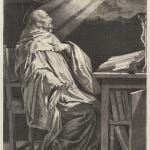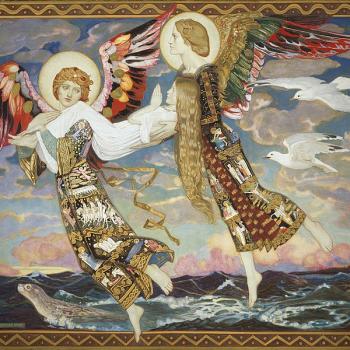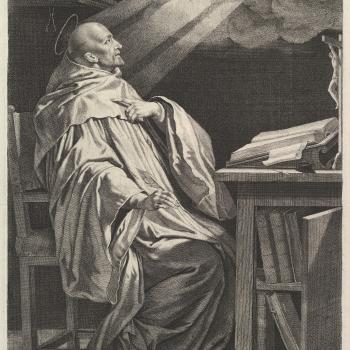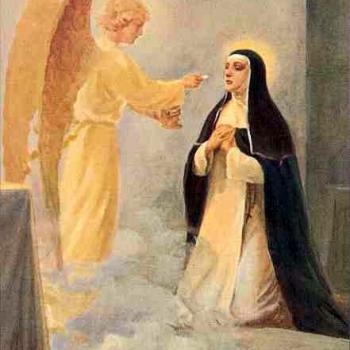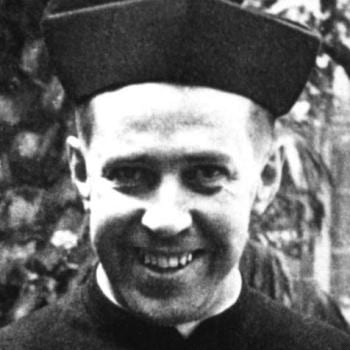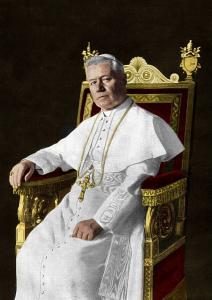
Pius X might be most well-known as the namesake of the Society of Saint Pius X, a semi-schismatic fraternity of priests (they currently have no canonical standing). The Vatican and the SSPX are currently at an impasse. It is unfortunate that this saint’s name is wound up in this mess, as he was an incredible person.
Pius X was born as Giuseppe Melchiorre Sarto on June 2, 1835 in Riesi, Italy (then part of the Austrian Empire). He was the second of ten children, eight of whom survived into adulthood. His family was poor, as his father was the postman. However, his parents valued education almost as highly as they valued the faith and so they sent him to school, though he had to walk almost four miles each way.
To attend seminary, Pius X was granted a scholarship. While there, he excelled at classics, philosophy, and theology. He was then ordained a priest and further studied St. Thomas Aquinas and canon law. He restored the church at Salzano and expanded the hospital by begging for the funds and also laboring to make the money. He assisted the sick during the cholera plague that swept northern Italy in the early 1870s. Pius X was made chancellor of the Diocese of Treviso and used his position to make it possible for public school students to receive religious instruction. One of his great struggles was in getting religious instruction to rural and urban youth who could not attend Catholic schools. But, he persisted in this and made some headway.
Pius X was the last pope (before Pope Francis) who did not have a doctorate.
His papal motto was Instaurare Omnia in Christo, “to restore all things in Christ.” Pius X made reforms in liturgy and church law. He took his origins and the poverty of the Gospel to heart, cutting down on papal ceremonies, wearing simpler sacramentals, and inviting friends to dine with him rather than dining alone. At the time, it was also a custom for the pope to make his siblings papal counts and countesses. He refused to do this for his peasant sisters, saying, “I have made them sisters of the Pope; what more can I do for them?” acknowledging that money and status was not the highest temporal goods. He did, though, make sure his family was cared for.
Pius X placed special care and importance in children. He carried candy in his pockets for the children of Mantua and Venice and also taught them catechism. During papal audiences, he would gather children around him and talk to them about things that interested them. His weekly catechism lessons included a special place for children, too. Pius X’s decision to require the Confraternity of Christian Doctrine in every parish was motivated by a desire to spare children from religious ignorance. Also, he restored the habit of frequent reception of communion from childhood!
In 1913, Pius X suffered a heart attack. On the Feast of the Assumption in 1914, he fell ill again and did not recover. He died five days later. His last will and testament include the sentence: “I was born poor, I have lived in poverty, and I wish to die poor.” Following this, he had prohibited any of his organs to be removed for aid in the embalming process; successive popes have continued this as tradition. Pius X was buried in an unadorned tomb in the crypt below St. Peter’s Basilica.
His simplicity, humility, and poverty of spirit allowed him to rule and guide the Church with wisdom and love.
Image courtesy of https://commons.wikimedia.org/wiki/File:Portrait_of_Pope_St._Pius_X_(Colored).jpg

